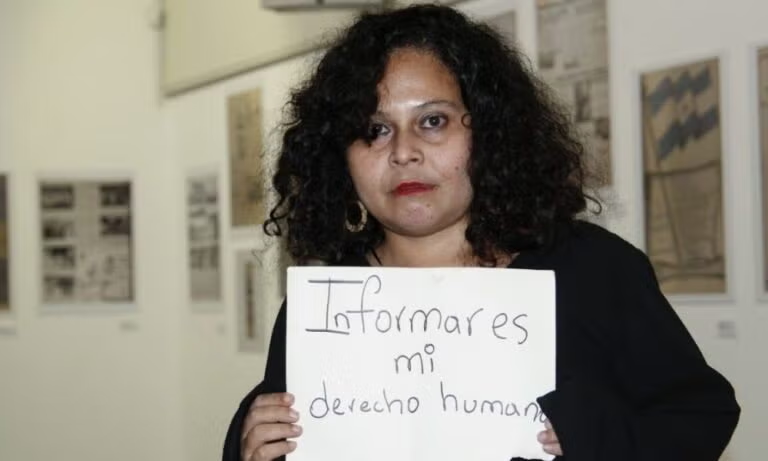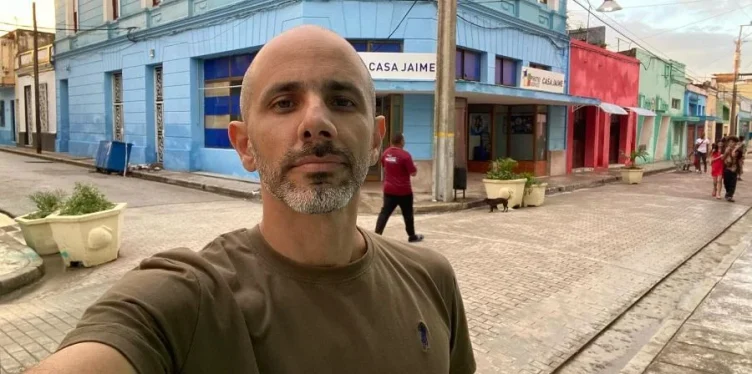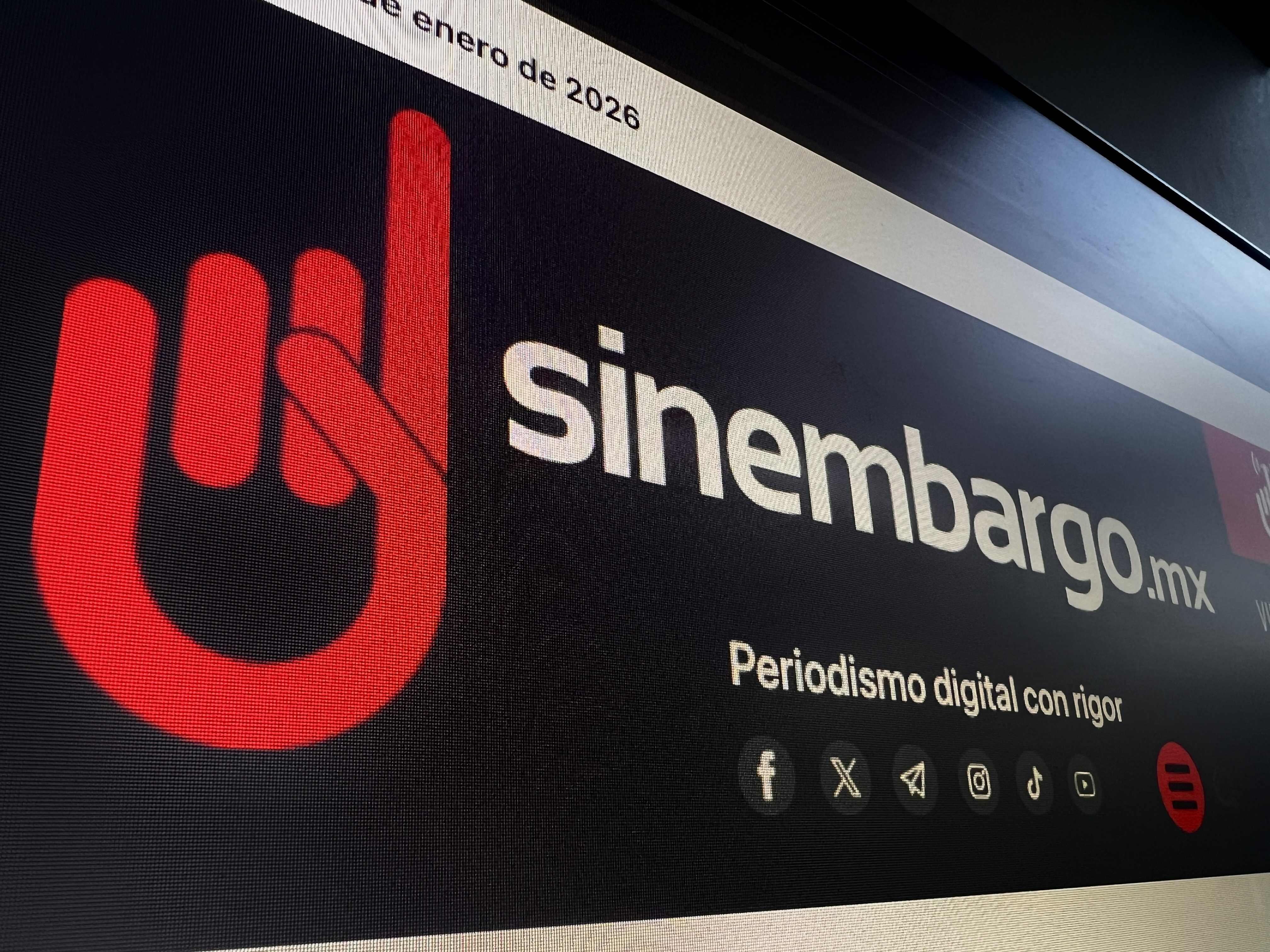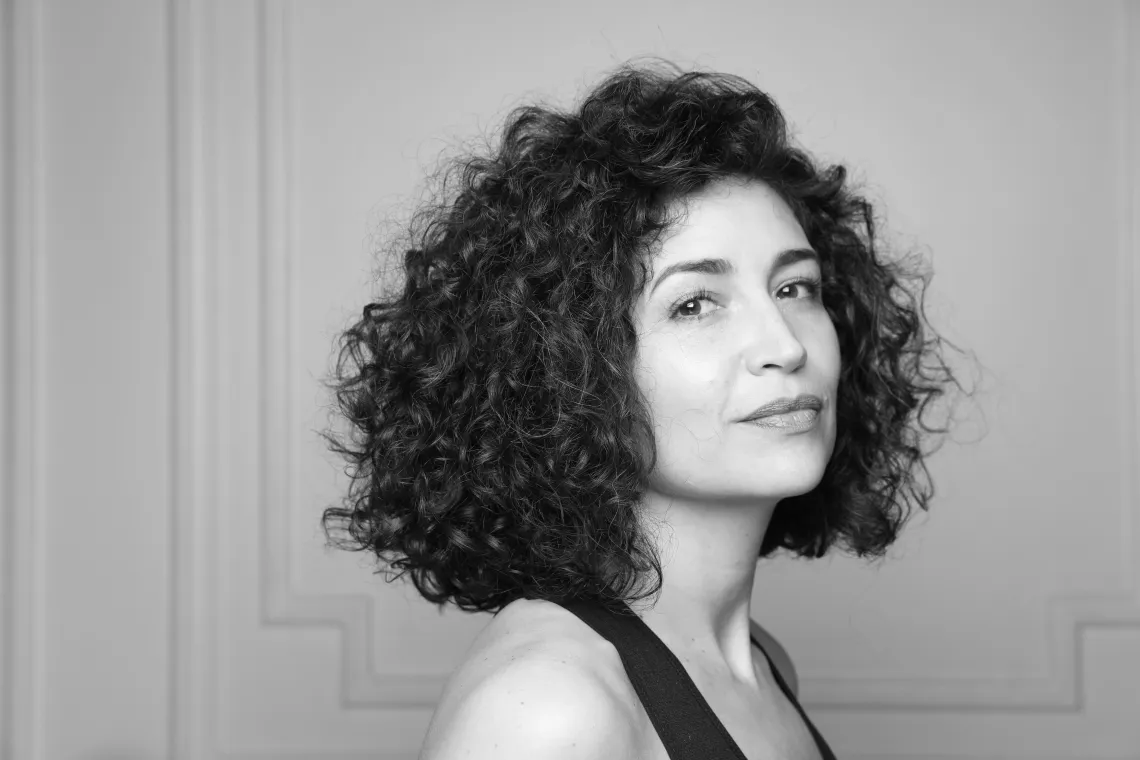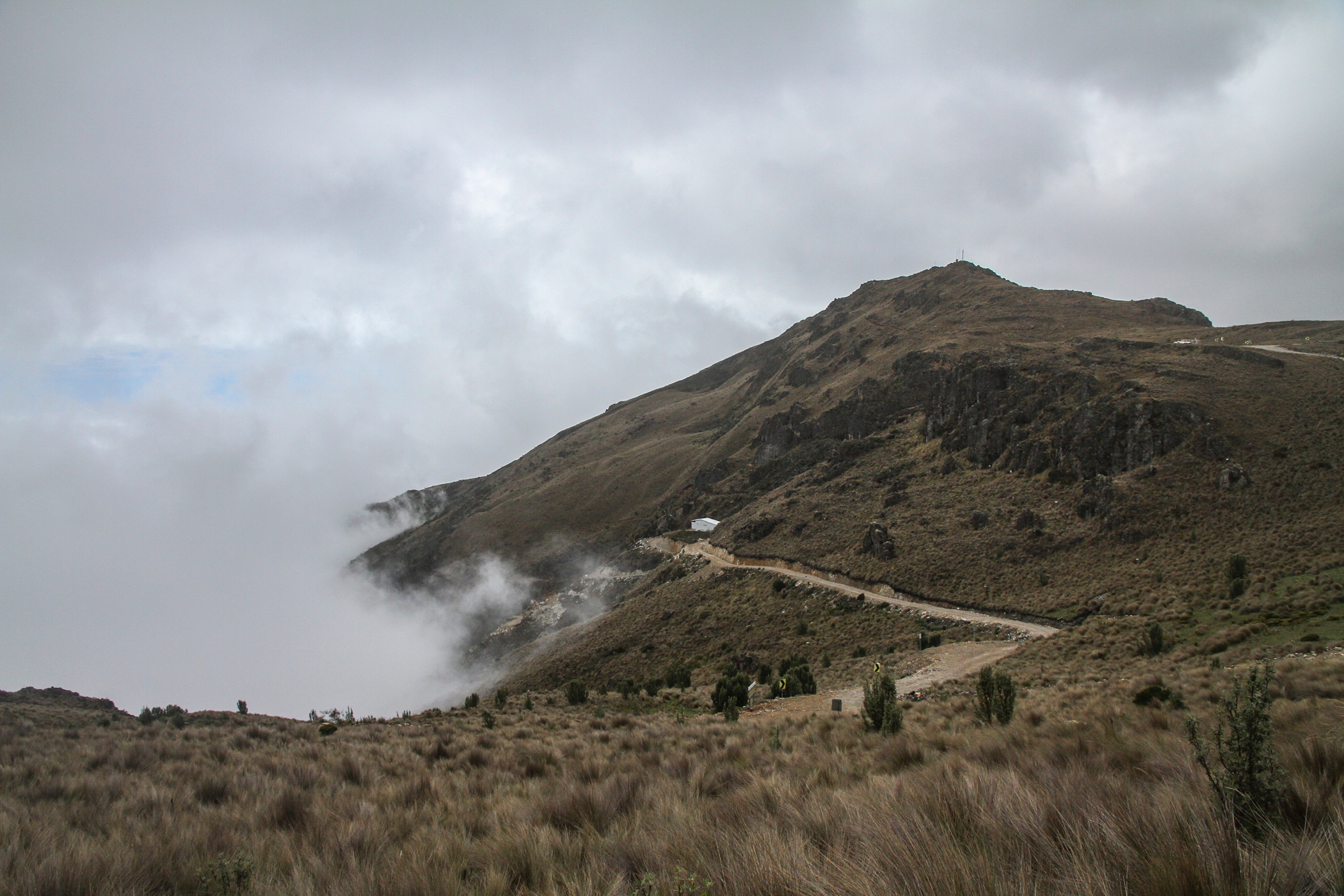
Cyberattacks Target Local Media in Ecuador’s Morona Santiago Province
July 16, 2025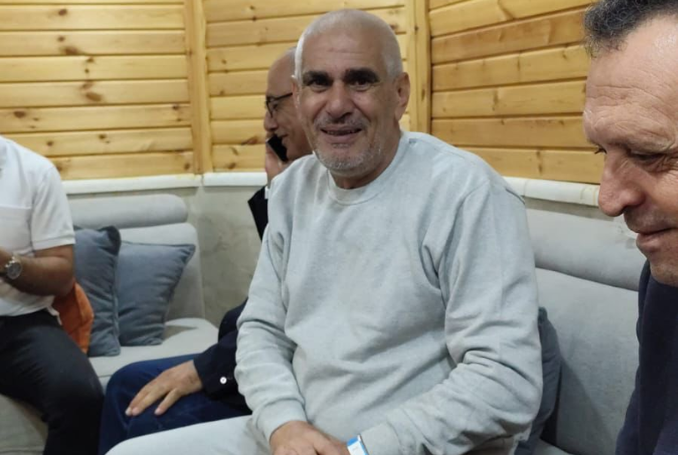
Veteran Palestinian Journalist Nasser Laham Released After Eight Days of Israeli Detention
July 16, 2025July 16, 2025 – Nicaragua –
On 12 July 2024, Nicaraguan independent journalist and feminist activist Fabiola Tercero Castro vanished immediately after a police raid on her home in Managua. Seven officers reportedly seized her work equipment—including a computer—and she has not been seen or heard from since. Tercero was under house arrest at the time and forced to report daily to a police station, though no official charges were ever filed against her.
RSF (Reporters Without Borders) describes her case as a possible forced disappearance and calls on Nicaraguan authorities to clarify her status. Tercero had not been included among the 135 political prisoners exiled to Guatemala in September 2024, and no records place her in La Esperanza prison, where detained women typically are held.
Nicaraguan journalists’ association PCIN, the Centro de Asistencia Legal Interamericano de Derechos Humanos (CALIDH), and rights groups like Voces del Sur have issued public appeals demanding information on her whereabouts and urging the state to guarantee her integrity. They stress that her disappearance follows a pattern of repression marked by nondisclosure, intimidation, and harassment targeting critical journalists.
The Foundation for Freedom of Expression and Democracy (FLED) reports that Tercero is one of at least four journalists detained in 2024 whose whereabouts remain unknown. That same year saw at least 46 journalists exiled, with hundreds more leaving the country since 2018 amid escalating repression under President Daniel Ortega’s regime.
Tercero, who founded a reading initiative called “El Rincón de Fabi” in 2017 to promote literacy through book exchanges and raffles, is emblematic of civil society efforts suppressed by the government. Rights groups consider her disappearance a deliberate silencing tactic against dissident voices across media and cultural arenas.
Despite international pressure—including provisional protective measures issued by the Inter-American Commission on Human Rights—the Nicaraguan state remains silent. Her case reflects a broader strategy of forced disappearances and press repression equating to a crime against humanity. RSF and other watchdogs emphasize the urgent need for transparency, accountability, and the immediate clarification of her condition to uphold basic human rights.
Reference –
One year after police raided her house, Nicaraguan journalist Fabiola Tercero is still missing

